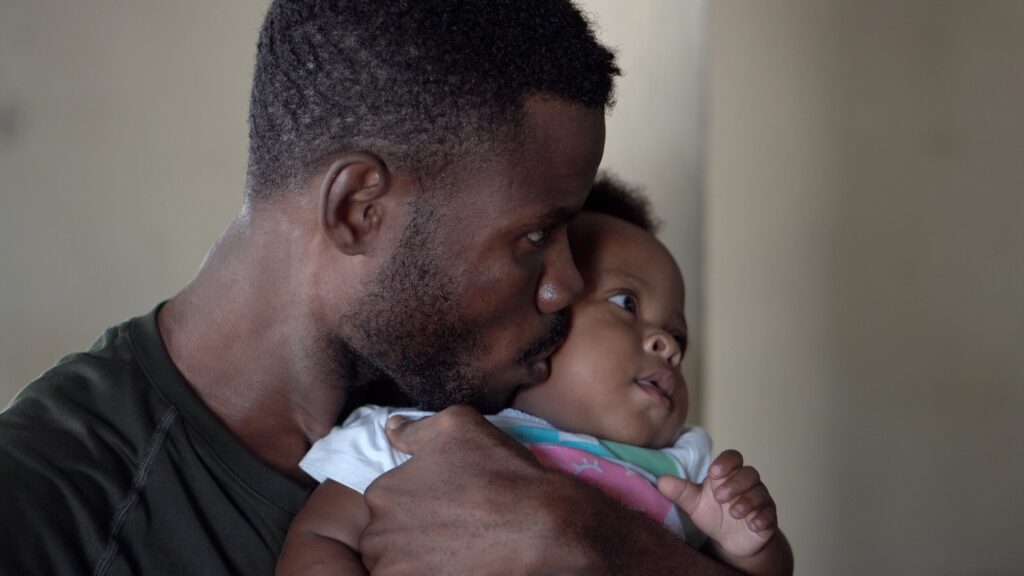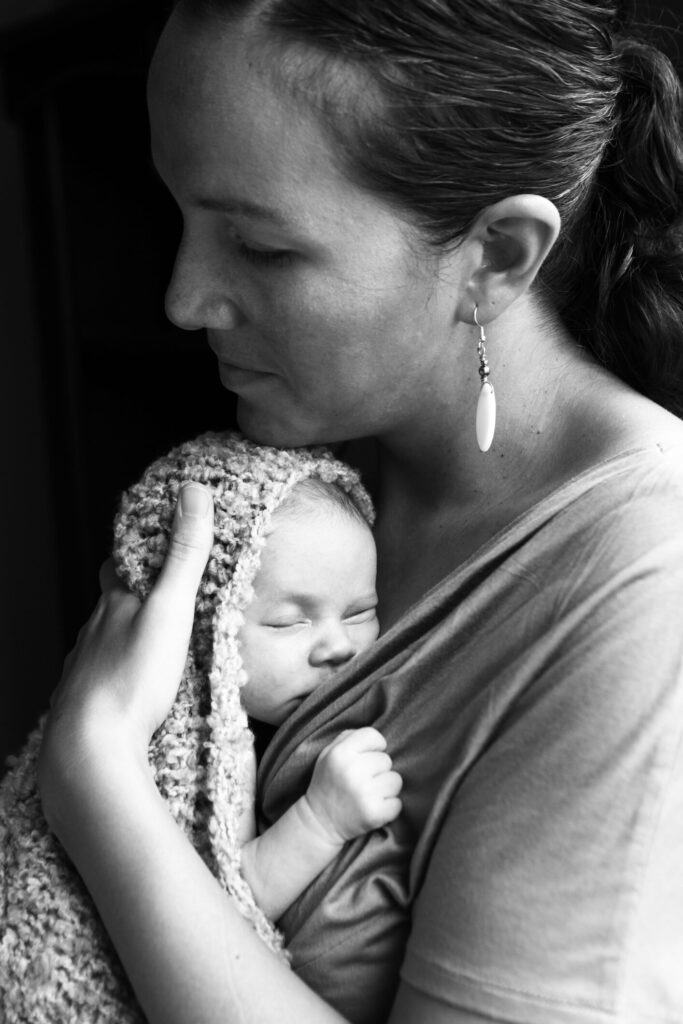
WELCOME TO PARENTHOOD!
Welcoming a new baby into the world changes almost everything – including your partner. For postpartum partners, the 4th trimester can be filled with joy, fulfillment, and excitement as well as sadness, loneliness, and resentment. Adjusting to a new family life, managing sleep deprivation, and supporting your partner through recovery and emotional fluctuations can strain any relationship. It takes extra patience, communication, and grace to not only get through those early days but strengthen your bond and navigate this new chapter together. Whether you are growing your relationship together, or platonically supporting each other, it is important to work together with mindful communication.
We have a fill-in Postpartum Support Plan to help understand ways you can align on your needs, so your family is best able to be healthy and happy. Remember, it’s okay to ask for help and take things one day at a time. Your relationship is the foundation that will help you both thrive as partners and as parents.
You are likely the person who will be around the birthing parent enough to recognize any postpartum recovery red flags. Be sure you know what to look out for and what to do if you think your partner is experiencing any of them.
Here are some tips to navigate those early days adjusting to new fatherhood and parenthood:
Be Open and Honest: Communication is crucial during the postpartum period. Both partners are likely experiencing a mix of emotions and new responsibilities. Make it a point to talk openly about your feelings, concerns, and needs. Regular check-ins can help you stay connected and ensure that both of you feel heard and supported. Schedule time each week to check-in and make communicating about your relationship and what you’re going through a priority.
Ask, Listen, Lead: What does support from you look like to your partner? Even if they seem to be managing it all, ask about specific ways you can help. They need time to recover and you may too. Caring for a newborn is hard. Perhaps taking the lead on chores, childcare for other children, or reaching out to close family and friends to ask for support will help lift the burden on both of you.
The Gift of Time: Feeding, holding, and caring for a baby takes up a lot of time. Talk about the best balance for your family, for now, so everyone has a little space to take care of themselves. Make a plan for how you’ll both feel supported. Be ready to hold the baby so she can shower or sleep. Be aware of the errands that are appreciated around the house – like a restocked fridge, a clean sink or a made bed. You can offer to be gatekeeper for visitors as well – find out what times she might like visitors, and what each visitor can bring or do to make your lives easier. If you have other children, taking them out to play or for activities may be just the thing needed.
Mental & Emotional Support: A lot is happening to their body and mind postpartum. With so much focus on caring for the baby, mothers need to be cared for too. Openly talking about her well-being and actively listen. Be gentle with each other. Be on the lookout for signs of postpartum depression or anxiety, and encourage seeking professional help if needed. Sometimes, simply being there, offering a listening ear, or giving your partner some alone time can be incredibly supportive Learn about perinatal anxiety and mood disorders here. It can be hard to know what is part of normal postpartum recovery and what’s too much – if you’re not sure, encourage her to reach out to her health team. Be her person, to help her feel better. Sometimes the acknowledgment and appreciation can do wonders for the small victories in new parenthood!
Physical Support: Parenting is a team effort. Share responsibilities like feeding, diaper changes, and household chores. This not only lightens the load for your partner but also strengthens your bond with the baby and reinforces your partnership. Make a plan together for expectations, roles, and remind each other of your love languages. Moms, remember, your partner will do it differently than you would: that doesn’t necessarily mean it is wrong. Let your partner learn. Let your partner figure it out and be part of the process. When your partner sits down, ask what you can bring them (like a snack, water, or a book). Keep in mind there are certain tasks they should be not be doing – learn more about their physical recovery. Where you are unable to support your partner in the ways she needs, try to find someone who can.
Financial Support: Know your rights for parental leave, insurance coverage, programs/benefits that may be available to one or both of you through your employer, school, or groups like a faith community. If you haven’t already, discuss budgets and bill-paying together. Your family may have the chance to do your taxes differently after a baby is born and you may qualify for different services too. If you are short on diapers a local diaper bank might help. Money stress is very hard and the birth of a baby is financially tough for many families. You are not alone.
Get Support for You: In a society where mothers’ rights and well-being are often overlooked, partners may be pushed to the side even more. No one sleeps very well in a house with a newborn. Partners can feel anxious, exhausted, and stressed while also trying to look strong. If you are feeling unwell or down you deserve to get help too.
Intimacy: When your mind is somewhere else and your hormones are crashing, it can be hard to feel intimate. That doesn’t mean you can’t find moments of bonding in different or new ways. Moms can often feel ‘touched out.’ It can also take up to two years for moms to feel ‘back to normal.’ Intimacy does NOT have to mean ‘how is your sex life?’ – you can find joy in hugging and making eye contact, snuggling, holding hands. Give each other grace!
Resources:
- Reaching Our Brothers Everywhere
- Postpartum Support International
- Fatherhood Support – https://www.fatherhood.gov/
Watch Intimacy and Sex After Childbirth.
Resources to consider for LGBTQIA+ Parenting:
- Human Rights Campaign Resource that addresses multiple angles within queer families/queer parenting
- Gay Parents to Be
- Family Equality
- The Fenway Institute – resource clearinghouse of state and nat’l resources








